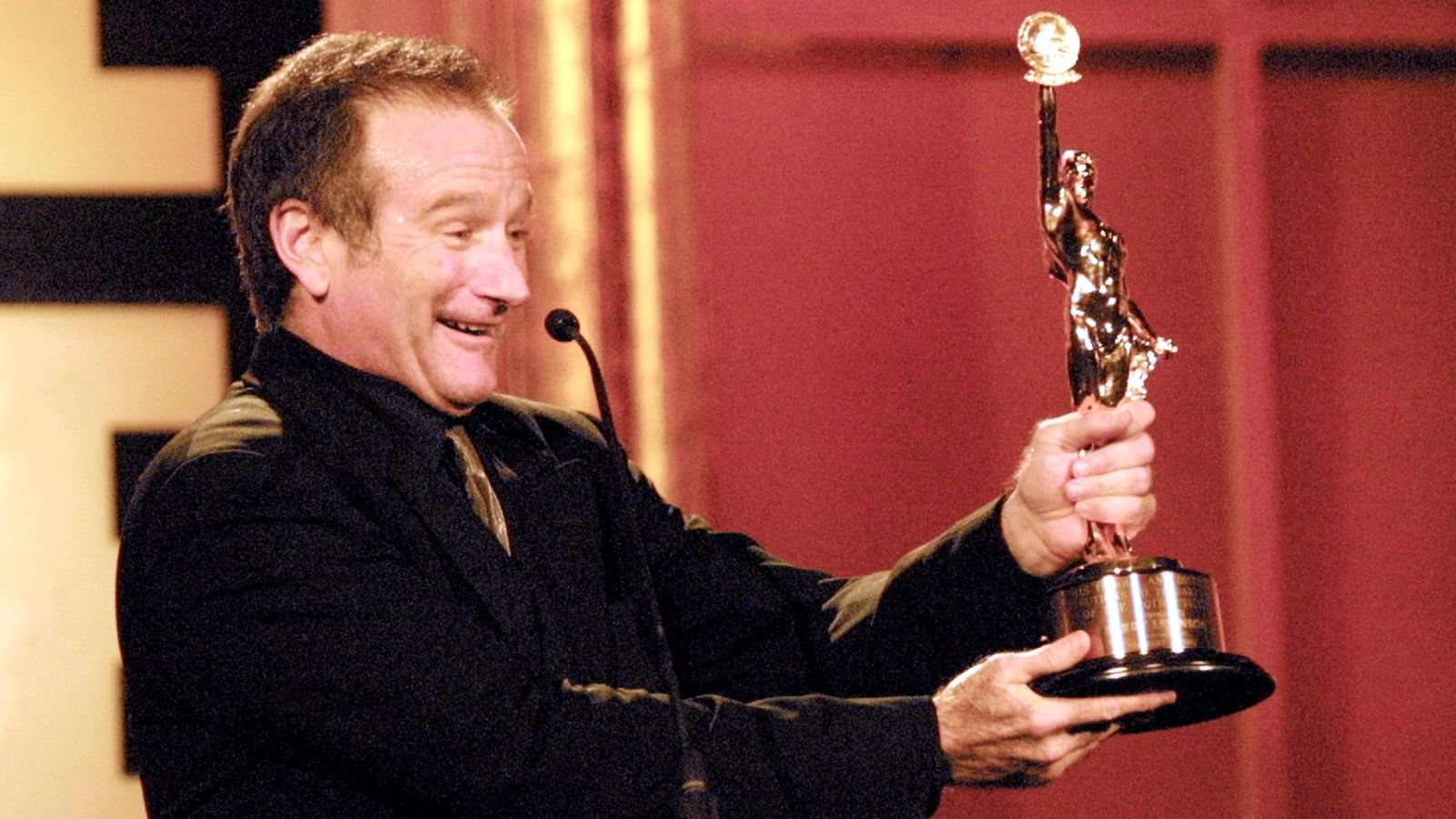Robin Williams’s death by suicide in August 2014 was one that figuratively broke the hearts of people worldwide. But a new study published today in PLOS-One suggests that the salacious media coverage surrounding his death may have inadvertently inspired even more tragedy—and deaths— in its wake.
Researchers at Columbia University looked at suicide data from the Centers for Disease Control and Prevention, using it to create a predictive model of how many suicides should have occurred in the US in 2014, assuming it was a typical year. They also looked at the mentions of “suicide” and “Robin Williams” in news reports starting from June 2013 to December 2014.
For the months prior to William’s suicide, the model held up. But from August to December 2014, the number of actual suicides was considerably higher than it should have been, with the largest spikes seen soon after his death. The researchers found that around 1,800 more people died by suicide in the first four months following William’s death than they forecasted, which amounted to an overall 10 percent increase in suicides during that time period.
Grimmer still, there was an over 30 percent increase from expected suicides caused by strangulation—the method that Williams died by— compared to a three percent increase of suicides by other methods. And the single largest increase among age groups was people, especially men, between the ages of 30 to 44. All of which suggests that Williams’ death, aided by the outsized media attention it initially got, sparked a copycat effect.
“Although we cannot determine with certainty that the excess suicides were attributable to news media reports on Williams’ death, Williams’ death might have provided the necessary stimulus for high-risk segments of the US population (e.g., middle-aged men in despair) to move from suicidal ideation to attempt,” the researchers wrote.
Suicide, of course, happens for more than one reason, but research has long shown a similar effect caused by the media coverage of other celebrity suicides. The authors say theirs is the first study to examine the phenomenon within the modern era of the 24-hour-news cycle. And although there are established guidelines created by various public health organizations regarding how the media and law enforcement authorities should sensibly report on suicides, they were able to easily find examples that ignored them.
The Washington Post, for instance, ran headlines that tied Williams’ death to depression, flouting a recommendation to avoid speculation on why someone died by suicide; The New York Times laid out Williams’ method of death in one of its headlines; and a public news conference held by the officers investigating his death went even further, providing details on what he used to strangle himself and how his body was positioned.
And it’s not as if these recommendations don’t work. The authors cited a study that found the more sensitive local reporting of Kurt Cobain’s suicide in 1994, coupled with constant encouragement for people to seek counseling, seemed to stop any copycat effect from taking hold in Seattle, where he lived.
At this point, though, it might be not enough to rein in overzealous media outlets, the authors argued. Especially since nearly two-thirds of people now regularly get their news through Facebook and Twitter. “Even if traditional media outlets follow established reporting guidelines for celebrity suicides, the role of social media speculation and news dissemination may counter any prevention messages that are disseminated in traditional sources,” they said.
Given that high-profile suicides will inevitably continue to happen, the authors say there needs to be substantial resources and training aimed at helping reporters and media organizations avoid making things worse, as well as “creative responses to emerging media.” Whether these responses will actually work is an open question, seeing as how places like Facebook and YouTube have found it incredibly hard to steer clear of publicizing suicides.
For information about suicide prevention or to speak with someone confidentially, contact the National Suicide Prevention Lifeline at 1-800-273-8255 or the Crisis Text Line at 741-741. Both provide free, anonymous support 24 hours a day, seven days a week.

aj_ramone on February 8th, 2018 at 04:32 UTC »
People say this all the time but when Robin took his own life, the world got just a little darker.
It's ok to talk. It's ok to not be ok.
StevenSeagalsProtege on February 8th, 2018 at 03:04 UTC »
So this may belong on r/morbidquestions but with his suicide, do you think it is possible that those people felt like it was more socially acceptable?
jedimika on February 8th, 2018 at 02:15 UTC »
That's heart breaking. I wish more people had gone the opposite direction and sought out help in reaction to his death.